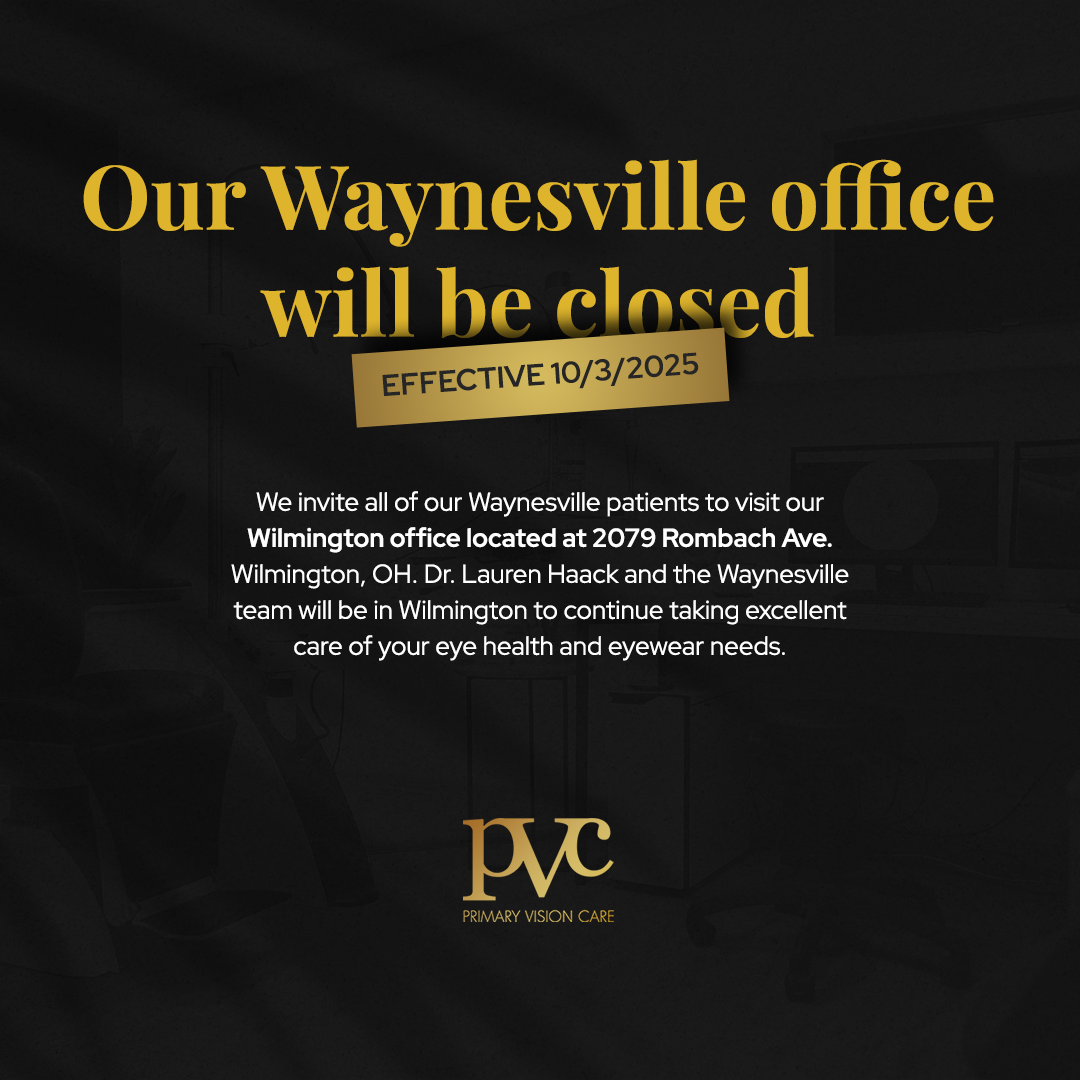
If untreated, glaucoma can cause blindness. It frequently exhibits no symptoms in the early stages. That is why eye care professionals call it the “silent thief of sight.” You can take the necessary precautions to safeguard your vision by being aware of who is most at risk of developing glaucoma.
No matter your age, it is essential to be aware of the risks it poses and its effects. Routine eye exams are crucial to detect the condition early on. That will ensure the best chance of maintaining vision and preventing blindness.
Various risk factors may make some people more prone to this condition. It is crucial to remember that it can still develop even with normal eye pressure due to damage to the optic nerve. An essential part of clear vision is the optic nerve. It is crucial in transmitting visual information from the eye to the brain.
Those With Elevated Intraocular Pressure
The pressure inside the eye is known as intraocular pressure. Excessive pressure may damage the optic nerve, resulting in glaucoma. Those with naturally high intraocular pressure are more vulnerable to the condition.
Those With Blurry Vision in One Eye
Glaucoma risk is higher in people with vision problems in one eye. The disease may develop because the eye with poor vision may be unable to communicate appropriately with the brain.
Family Background
A higher risk of developing glaucoma exists in people with a family history of glaucoma. Regular eye exams are crucial if a parent, sibling, or grandparent has or had the condition.
Age
People are more prone to developing glaucoma as they age. After the age of 40, the risk of developing the disease rises. The risk only worsens as people get closer to their 70s and 80s.
Myopia
Nearsightedness is a common condition where distant objects appear blurry. People with myopia are more susceptible to developing glaucoma. That is due to the increased size of the eye and the potential for increased pressure on the optic nerve.
Those With Eye Injuries
Glaucoma risk is higher in people who sustained eye injuries, such as those caused by head trauma. Specific injuries can damage the optic nerve, resulting in glaucoma developing.
Ethnicity
People of Hispanic, African descent, and African ancestry are more likely than other populations to develop glaucoma. The disease is also more likely to strike these populations at a younger age and in a more severe form.
Health Issues
Glaucoma risk is higher in people with certain medical conditions. These include diabetes, heart disease, and high blood pressure. These conditions can damage the optic nerve, impacting blood flow to the eye.
Medications
Corticosteroids are one class of drugs that can make you more likely to get glaucoma. Long-term users of these medications run a higher risk of contracting the illness.
Use of Corticosteroid Eye Drops for a Long Time
Long-term use of corticosteroid eye drops can make you more likely to develop glaucoma. These eyedrops have the potential to raise intraocular pressure and harm the optic nerve. It is vital to remember that not everyone with a higher risk of developing glaucoma does.
Yet, vulnerable people should schedule routine eye exams to check for symptoms. Diagnosing and treating this condition early is best to protect your eyesight. Anyone with one of the risk factors should schedule routine eye exams with an ophthalmologist.
Conclusion
It would help to make educated decisions about your eye health. Knowing these risk factors can help people seek treatment early. Glaucoma management and prevention of vision loss depend on regular eye exams and early detection.
For more on contact lenses, visit Primary Vision Care. You will find us in Waynesville, Wilmington, Mount Vernon, Lancaster, or Newark, Ohio. Call (513) 897-2211, (937) 382-4933, (740) 393-6010, (740) 654-9909, or (740) 299-1155 to schedule an appointment today.








